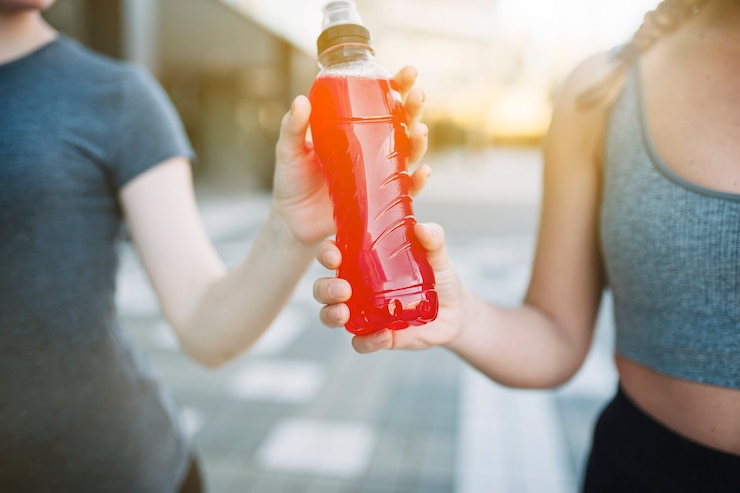
Electrolytes are essential for keeping your body in balance. You’ve probably heard about them in health and fitness conversations, especially when talking about things like hydration or recovery. Drinks like coconut water often get praised for being great sources of electrolytes. Replenishing electrolytes is important after exercising, recovering from illnesses like food poisoning, or even after a long, hot day in the sun.
Simply put, electrolytes are tiny, charged particles in your body that help it function properly. If you don’t have enough, you could face dehydration and other health problems. Let’s dive into what electrolytes are, why they’re important, and how you can make sure you’re getting enough of them in your diet.
—
What Are Electrolytes?
Electrolytes are substances that carry an electrical charge when dissolved in water. They help manage several critical processes in your body, including balancing fluids inside and outside your cells and supporting chemical reactions. You get electrolytes through food and drinks, but you also lose them when you sweat.
Your body needs electrolytes to stay hydrated, regulate its fluid balance, and move nutrients in and out of cells. These charged particles play a vital role wherever water is present in the body.
—
What Is Electrolyte Imbalance?
An electrolyte imbalance happens when your body loses more fluids than it takes in. This can occur if you’re sweating heavily, vomiting, or dehydrated. When your electrolyte levels are off, you may notice symptoms like muscle cramps, dizziness, or even an irregular heartbeat.
Severe imbalances can disrupt major systems in the body and, in extreme cases, become life-threatening. The most common example is low sodium levels (hyponatremia). Other imbalances might include high sodium (hypernatremia) or abnormal potassium levels (hypokalemia or hyperkalemia).
—
How to Add Electrolytes to Your Diet
The main electrolytes are sodium, potassium, chloride, calcium, and magnesium. Each has a specific role in your body. Sodium, for example, works with your kidneys to regulate how much water stays in your body. Potassium is key for muscle movements, while calcium supports strong bones and teeth.
Here are some foods and drinks you can include in your diet to replenish electrolytes:
1. Milk
Fat-free milk is excellent for rehydrating after exercise. It contains calcium, phosphate, and vitamin A, along with natural proteins that promote muscle recovery. Studies show it’s even better than water or sports drinks for post-workout recovery.
2. Lentils
Lentils are packed with potassium, a crucial electrolyte that helps muscles contract and ensures proper fluid balance in and out of cells. One cup of lentils contains an impressive 731 mg of potassium.
3. Electrolyte Powders and Drinks
Powdered electrolyte solutions or drinks can quickly rehydrate your body after heavy sweating. These products replace minerals like calcium, potassium, and magnesium, which are vital for staying hydrated and reducing exhaustion. Mixing these powders with water is an easy way to stay balanced throughout the day.
4. Sunflower Seeds
Sunflower seeds are a great source of magnesium, offering between 350 to 400 mg per 100 grams. Magnesium helps ease stress, reduce cramps, and support muscle and nerve function. It also plays a big role in keeping your energy and electrolyte levels stable.
—
In Summary
Losing electrolytes through sweat and not replacing them can throw your body off balance. Electrolytes like sodium, potassium, magnesium, and calcium are key players in keeping you hydrated, supporting muscle health, and maintaining overall fluid balance. Sodium and chloride are the primary electrolytes lost in sweat, but magnesium and calcium are equally important for muscle function and metabolism.
By incorporating the right foods and drinks into your daily routine, you can easily maintain your electrolyte levels and keep your body running smoothly.